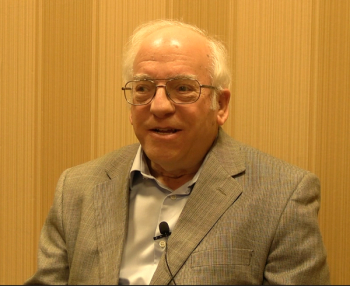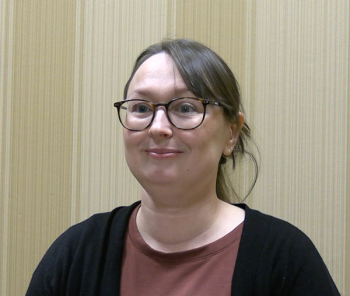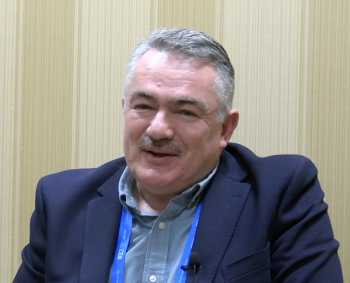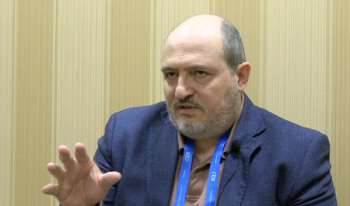
Retrospecting on Analytical Chemistry: An EAS Interview with Robert Kennedy
At the Eastern Analytical Symposium (EAS) in Plainsboro, New Jersey, Spectroscopy sat down with Robert Kennedy to discuss his research and career in analytical chemistry.
At the Eastern Analytical Symposium (EAS) in Plainsboro, New Jersey, Spectroscopy sat down with Robert Kennedy to discuss his research and career in analytical chemistry, including how he works with current and former students of his while using various chromatographic and spectroscopic techniques.
Kennedy, the 2023 winner of the EAS Award for Outstanding Achievements in the Fields of Analytical Chemistry, is also the Hobart H. Willard Distinguished University Professor of Chemistry and Professor of Pharmacology at the University of Michigan. He earned a PhD at University of North Carolina in 1988 where his work focused on using open tubular LC to analyze single cells. After a post-doc in neuroscience he started his own research program at University of Florida in 1991 before moving to University of Michigan as the Hobart H. Willard Professor of Chemistry in 2002. His research has combined his interest in biology with chemical analysis, separations and microfluidics. A theme of his group has been development of new chemical analysis tools that can be used at the nanoscale for several applications including screening of drugs, engineering enzymes, monitoring neurotransmitters in the brain, and studying the secretion of insulin and other hormones. Key technical areas including ultra high pressure LC, droplet microfluidics, and mass spectrometry. His work has been recognized by several awards including the American Chemical Society Award in Chromatography, the Ralph Adams Award in Bioanalytical Chemistry, and two NIH MERIT awards. He has held several service posts including Department Chair and is presently Associate Editor of Analytical Chemistry and ACS Measurement Science Au.
In this video interview conducted at EAS, Kennedy answers the following questions:
- Tell us about what you are doing here at EAS. (00:16–01:08)
- What drew you to/what keeps you drawn to studying spectroscopy? (01:09–02:47)
- What are some of the notable moments in your career? (02:48–05:56)
- What does winning the EAS Award for Outstanding Achievements in the Fields of Analytical Chemistry mean to you? (05:57–07:57)
- What are the next steps in your research? (07:58–10:04)
To view our other conference coverage from EAS, click the link below:
Newsletter
Get essential updates on the latest spectroscopy technologies, regulatory standards, and best practices—subscribe today to Spectroscopy.



